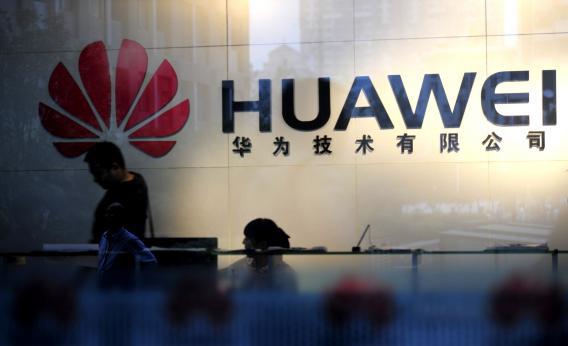Earning the trust of Americans is proving a Sisyphean task for Huawei. The Chinese telecom supplier has consistently fought reports of too-close ties to the People’s Liberation Army and undue influence from Beijing. Now a panel of U.S. congressmen has publicly labelled the employee-owned group and its rival ZTE a security threat. True or not, the accusation is a serious blow.
Despite frequent protestations, it’s hard for Huawei to prove conclusively that it’s not an arm of the security services. Much of the evidence in a report from the Congressional Intelligence committee is classified. Fears are often vague and poorly evidenced, from talk of booby-trapped products to lawmakers’ claim that Huawei supplied a cyberwarfare unit of the Chinese army.
But for telecom providers, mud sticks. Huawei’s fastest growth comes not from governments but from businesses and consumers. Executives and patriotic individuals will think twice about choosing a supplier that, according to panel chairman Mike Rogers speaking on U.S. television on Oct. 7, is antithetical to the “national security of the United States of America”.
The argument isn’t really with Huawei but with the Chinese government, and its model of state capitalism. Trust between the two countries has ebbed and flowed since relations were normalised in 1979. Mostly both sides have remained rational. The delivery of an allegedly bug-laden Boeing for then-president Jiang Zemin in 2001 marked a low, but a decade later, China was placing a $19 billion order for Boeing jets.
What more can Huawei do? A mooted initial public offering would be largely cosmetic – the company already discloses its financial performance, and ZTE’s public listing hasn’t shielded it from criticism. Alternatively Huawei could beef up its board, currently stuffed with long-serving company insiders. With two-thirds of the company’s revenues coming from outside China, there’s a strong case for adding directors with serious international clout.
What Huawei can’t do, however, is distance itself from China’s government-heavy economy, where research, finance and industry are all subject to close state involvement. Separating Huawei’s non-Chinese business is a non-starter for a company labelled by Beijing politicians as a “national champion”. Until political relations improve, China’s telcos will remain political pawns.
Read more:
